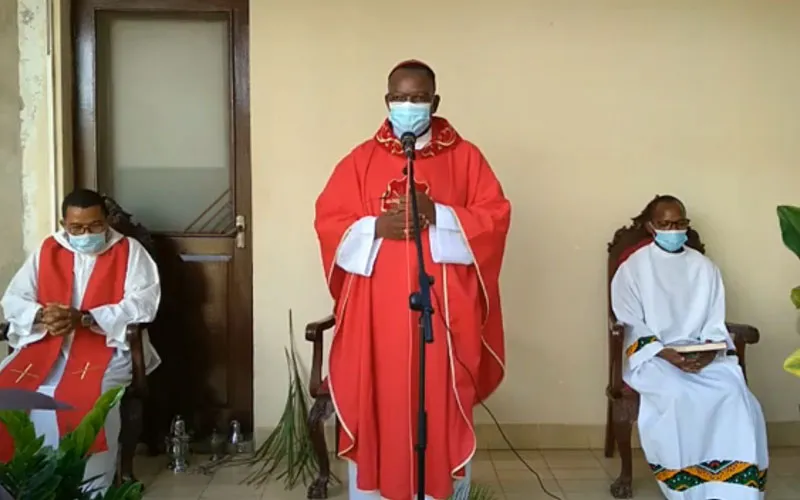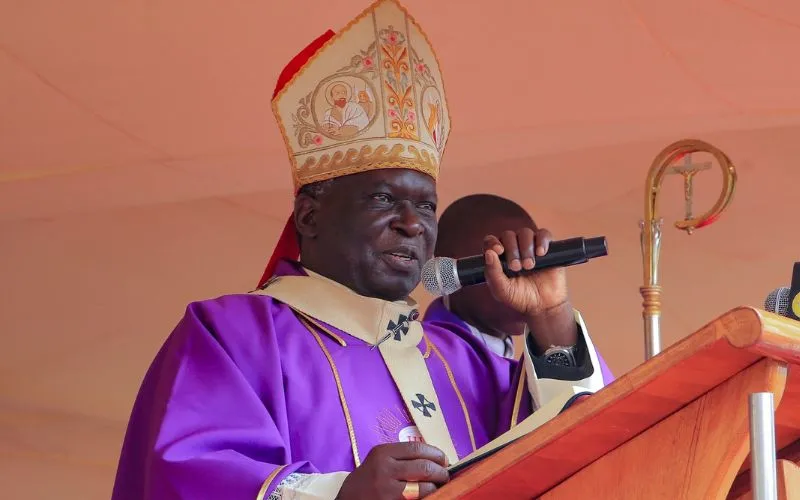According to a March 29 Human Rights Watch report, “Hundreds of people remain missing five days after an Islamic State (ISIS)-linked armed group known as Al-Shabab raided the town of Palma in Mozambique’s Northern Cabo Delgado Province, killing and wounding an unknown number of civilians and causing thousands to flee.”
In its initial update following the March 24 attack, Mozambique’s government indicated that the attack, which involved hundreds of militants targeted shops, banks, as well as a military barracks in Palma, a town in proximity with a major gas project under the auspices of the French energy enterprise, Total.
Palma is near a major gas project run by the French energy giant Total, and more than 100 workers and civilians took refuge in the town's Amarula Palma hotel.
Local authorities and private entities such as Total have facilitated the rescue of at 1,300 people who arrived in the Port city of Pemba by boat March 28 morning, Human Rights Watch has reported, adding, “The Mozambican authorities need to be more forthcoming about ongoing violence in Palma, and Cabo Delgado Province more generally, and the actions they are taking to keep civilians safe and protect their human rights.”
Since the insurgency started in 2017 in Mozambique’s Cabo Delgado Province, the attacks have left at least 2,500 people dead and 700,000 homeless, according to media reports.
The violence started after Islamist jihadists attacked a military base and police station in the Coastal town of Mocimboa da Praia, where foreign companies are undertaking a US$60 billion gas oil project.
Last December, the then Local Ordinary of Pemba Diocese, Bishop Luis Fernando Lisboa, said the exploitation of natural resources is the cause of the crisis in Cabo Delgado Province.
Bishop Lisboa who was transferred to Brazil's Diocese of Cachoeiro de Itapemirim and elevated to “Archbishop ad personam” on February 11 called on the Portuguese government to table a debate in the European Union (EU) to discuss the exploitation of natural resources in Mozambique.
In his Palm Sunday homily during the Eucharistic celebration that was streamed live on Facebook, Bishop Juliasse appealed for prayers for an immediate end to the violence in the troubled region saying, “We trust that Jesus will put an end to the sufferings of our province of Cabo Delgado, so that this war that no one understands ends as soon as possible.”
He reminded the authorities of their duty to guarantee justice and “to preserve people from evils.”








